Key Highlights at a Glance
Save up to 50% on premium dental treatments in Thailand
-
Highly qualified, internationally accredited dental specialists
-
State-of-the-art facilities and advanced treatment technologies
-
Convenient direct flights, visa options, and Mandarin-speaking staff
-
Combine top-quality dental care with a relaxing, culturally rich holiday
Dental care in China has improved greatly in cities like Beijing, Shanghai, and Guangzhou. However, challenges like high costs, long wait times, and limited insurance make treatment difficult for many. Advanced care in top clinics can also involve long queues, inconsistent quality, and language barriers.
Thailand has become a top destination for Chinese dental tourists. Cities like Bangkok, Phuket, and Chiang Mai attract patients with affordable, high-quality treatments, internationally accredited clinics, experienced dentists, and Thailand’s famous hospitality. With short flights and easy travel, patients can combine dental care with a relaxing vacation.
Why Choose Bangkok, Thailand for Dental Treatments?
While multiple cities in Thailand cater to international dental patients, Bangkok stands out as the epicenter of dental tourism. Phuket, Pattaya, and Chiang Mai also host excellent clinics, but the capital city remains the most frequented hub. Let’s explore the main reasons Bangkok, and Thailand as a whole, has become a prime choice for Chinese dental tourists.
Affordability:
In China, the cost for certain procedures—especially advanced cosmetic dentistry like veneers or implants—can be quite high, ranging anywhere from RMB 3,000–8,000 per veneer or even more for complex implant surgeries. Insurance policies may not always cover these elective procedures, putting them out of reach for many patients.
In Thailand, the very same treatments often cost a fraction of the price, sometimes up to 50% less. These savings are even more pronounced if you need multiple procedures. Cheaper does not mean inferior, though. Many Thai clinics maintain top-notch standards and leverage the lower cost of living and favorable currency exchange rates to keep prices competitive.
Quality of Care:
Thailand’s private dental clinics commonly hold international accreditations and adhere to rigorous sterilization and hygiene protocols. Dentists frequently train or attend workshops abroad, gaining exposure to the latest methodologies and technologies.
The outcome: treatments that match, and sometimes surpass, global benchmarks. Chinese patients often commend the advanced equipment, from digital X-ray imaging to 3D CAD/CAM systems for custom crowns and veneers, ensuring precise and efficient treatments.
Accessibility & Convenience:
Direct flights connect major Chinese cities like Beijing, Shanghai, Guangzhou, and Chengdu to Bangkok’s Suvarnabhumi Airport. Affordable airfare, favorable visa regulations, and well-organized medical tourism services simplify the entire journey.
Many clinics in Thailand have English-speaking staff, and some are starting to offer Mandarin-speaking coordinators or translation services, making it even easier for Chinese patients to communicate their needs and understand their treatment plans thoroughly.
Recovery Benefits:
Few destinations combine world-class healthcare with the allure of a tropical vacation as seamlessly as Thailand. Recovering from a dental procedure here can be a surprisingly pleasant experience.
You can rest in a luxury hotel, enjoy nutritious local cuisine that’s friendly to healing gums, and, once approved by your dentist, take gentle strolls through cultural sites, indulge in mild Thai massages, or shop for souvenirs. The environment can make the post-procedure period more relaxing and reduce stress, promoting faster recovery.
Cost of Dental Treatments in Bangkok
While costs vary by clinic, materials, and complexity, here are some rough comparisons. In top-tier Chinese cities, a dental implant could cost around RMB 15,000–25,000. In Bangkok, you might pay RMB 7,000–12,000 for a similar or even better-quality implant.
Porcelain veneers that might cost RMB 3,000–8,000 per tooth in China may drop to RMB 1,500–3,500 in Thailand. Even routine procedures like teeth whitening, often RMB 1,500–3,000 back home, may be found for RMB 700–1,500 in Bangkok.
Cost Comparison:
|
Treatment |
China (RMB) |
Thailand (RMB) |
|
Dental Implant |
15,000–25,000 |
7,000–12,000 |
|
Porcelain Veneer |
3,000–8,000 per tooth |
1,500–3,500 per tooth |
|
Crown |
2,500–5,000 |
1,000–2,500 |
|
Teeth Whitening |
1,500–3,000 |
700–1,500 |
|
Root Canal |
2,000–4,000 |
800–1,500 |
(Note: These figures are approximate and subject to exchange rates and clinic-specific pricing. Always confirm costs directly with the clinic.)
Why Is It Cheaper?
The primary reason is Thailand’s lower overhead expenses. Real estate, staff salaries, and material sourcing can be more cost-effective in Thailand. Additionally, competition among clinics keeps prices reasonable. Currency exchange rates generally favor Chinese travelers, allowing them to take advantage of globally competitive dental services at significantly lower prices.
Overview of Dental Treatments
Dental treatments range from routine cleanings and fillings to complex restorative or cosmetic procedures. Whether it’s fixing a chipped tooth, brightening your smile, replacing missing teeth, or straightening misalignments, you’ll find a complete spectrum of services in Thailand.
Types of Dental Treatments Available:
-
Dental Implants: Sturdy replacements for missing teeth, involving a titanium post integrated into the jaw and finished with a natural-looking crown.
-
Veneers & Crowns: Veneers improve the look of front teeth, while crowns restore strength and shape to teeth severely damaged by decay or fracture.
-
Teeth Whitening: Professional-grade bleaching treatments to make your smile several shades lighter.
-
Root Canals & Fillings: Address tooth decay and infections promptly, relieving pain and preventing more extensive damage.
-
Orthodontics: From traditional braces to invisible aligners, Thai clinics offer various ways to straighten teeth and correct bite issues.
Recovery Timeline:
-
Simple Procedures (Whitening, Fillings): Usually return to normal activities immediately.
-
Veneers & Crowns: Minimal downtime; mild sensitivity for a day or two.
-
Implants & Root Canals: Initial swelling or discomfort for a few days, managed with prescribed medication.
-
Orthodontics: Gradual adjustments over months, but no significant downtime other than routine follow-ups.
Your dentist will provide personalized aftercare instructions to ensure a smooth and comfortable recovery.
Top Doctors for Dental Treatments in Bangkok
Dr. Paitoon Rojanarat, DDS
Dr. Paitoon Rojanarat, DDS is a seasoned expert in implantology and cosmetic dentistry. With over two decades of experience, Dr. Rojanarat maintains a strong focus on patient comfort and meticulous detail. He explains procedures thoroughly to ensure patients understand their treatment plans, a practice that Chinese visitors often appreciate, especially if English or interpretation services are available.
Dr. Jerawat Krisanphan
Dr. Jerawat Krisanphan has built a reputation for excellence in orthodontics and cosmetic enhancements like veneers. Known for using cutting-edge technology, Dr. Krisanphan tailors treatments to each patient’s unique dental structure. Patients regularly highlight his kindness, precision, and dedication to achieving aesthetic yet natural-looking results
Best Clinics and Hospitals in Bangkok
Bangkok International Dental Hospital (BIDH)
Bangkok International Dental Hospital (BIDH) is a renowned facility that meets international standards and attracts patients from all over the globe, including China. It offers a full range of treatments, from routine check-ups to complex surgeries.
Chinese patients appreciate BIDH’s attention to detail, world-class sterilization, and friendly staff who can assist with language support or provide written instructions in multiple languages.
BFC Dental
BFC Dentall is well-known for its comprehensive care and transparent pricing. Specializing in implants and cosmetic dentistry, BFC Dental combines modern imaging technology and personalized treatment plans.
The clinic’s helpful patient coordinators ease the booking process, and some staff are trained to accommodate international patients, providing options for interpretation and scheduling flexibility.
Digital Dental Center Pattaya
Digital Dental Center in nearby Pattaya is a cutting-edge facility that employs digital dentistry solutions like CAD/CAM restorations.
Though not in Bangkok proper, it’s a short journey from the capital. The clinic’s emphasis on precision and technology results in quick turnaround times, appealing to Chinese patients who value efficiency. The coastal setting also allows for a relaxing getaway post-treatment.
Travel and Preparation Tips
Visa and Documentation:
Chinese travelers typically need a tourist visa to enter Thailand, though sometimes visa exemptions or visas on arrival are available depending on the latest regulations.
Always check the current requirements before booking. Ensure your passport is valid for at least six months beyond your intended stay. Have any necessary medical records, previous X-rays, or treatment plans ready for your Thai dentist to review. It’s also wise to have travel insurance that covers medical treatments abroad.
Packing Checklist:
-
Personal Items: Passport, visa documents, comfortable clothing suited to Thailand’s warm and humid climate. Bring basic toiletries, a travel adapter, and your smartphone charger.
-
Medical Items: Any prescribed medications, copies of your dental X-rays, and a summary of your current dental conditions (in English or accompanied by a translation).
-
Comfort Items: A neck pillow for the flight, earplugs, and entertainment to pass the time during any waiting periods at the clinic. Soft, easy-to-chew snacks approved by your dentist can help during recovery days.
Pre-Travel Health Tips:
Before traveling, consult your local dentist or doctor. They may advise you on any needed vaccinations, confirm that you’re stable to undergo certain procedures abroad, and provide pre-treatment guidelines (e.g., maintaining good oral hygiene, dietary recommendations). Avoid smoking and excessive alcohol consumption before your procedure to promote better healing afterward.
Financial Prep:
Thailand is increasingly accommodating to Chinese travelers’ payment preferences, with many major clinics accepting credit cards. Some tourist areas in Bangkok and other cities even accept Alipay or WeChat Pay. Still, carry some Thai Baht for small purchases or taxi fares. Inform your bank about international travel to prevent card issues. Plan your budget to cover not only treatment but also accommodation, food, local transport, and a small emergency fund.
Transportation and Accommodation:
-
Airports: Suvarnabhumi Airport (BKK) and Don Mueang International Airport (DMK) connect Bangkok with major Chinese cities.
-
Hospital Transfers: Many clinics offer pick-up and drop-off services from the airport or recommend reliable taxi and ride-share options.
-
Accommodations: Bangkok offers a wide range of hotels, from budget-friendly guesthouses to high-end resorts. Staying near the clinic reduces travel stress. Look for hotels that offer quiet rooms, room service, and possibly a kitchenette if you’ll be eating softer foods during recovery.
What to Expect During Your Medical Trip
While individual experiences vary depending on the complexity of your dental work, here’s a typical timeline:
Day 1:
Arrive in Bangkok and settle into your chosen accommodation. You may have a preliminary consultation scheduled later in the day or on Day 2, during which you’ll meet your dentist, review your treatment plan, discuss costs, and clarify any questions. Clinics often provide an interpreter or written materials in Mandarin to help you understand every step.
Day 2:
Undergo your dental procedure. For implants or veneers, local anesthesia ensures minimal discomfort. After the treatment, the dentist will go over aftercare instructions, dietary guidelines, and any medications you should take to manage pain or prevent infection.
Days 3–5:
Focus on recovery. Mild swelling, soreness, or sensitivity is common but usually subsides with medication and rest. Follow any eating recommendations—often softer foods or lukewarm soups. If your clinic scheduled a follow-up appointment, you’ll return to ensure that healing is on track and the prosthetics (if any) fit correctly.
Days 6–7:
If you feel comfortable and your dentist approves, enjoy light sightseeing. Bangkok’s cultural attractions, shopping malls, and serene temples can make recovery more pleasant. Avoid strenuous activities and stick to the dentist’s advice to ensure a smooth healing process.
Day 8:
A final check-up might be scheduled before you depart. Once cleared, you can return home feeling confident about your treatment and equipped with post-procedure instructions. Your dentist will typically offer a way to follow up via email or video call if you have questions after returning to China.
Patient Success Stories and Testimonials
"I was hesitant at first about traveling abroad for dental work. In Shanghai, my quote for an implant was extremely high. After careful research, I chose Bangkok. The clinic I selected was clean, modern, and the dentist had trained internationally. I saved almost half the cost, and with the difference, I enjoyed a brief holiday. The entire process felt safe, transparent, and professional."
—Li Mei, Shanghai
"My veneers in Beijing were going to cost a fortune. A friend suggested Thailand, and I ended up at a top-rated clinic in Bangkok. The staff arranged my appointment quickly, provided a detailed treatment plan, and answered all my concerns. The clinic even offered a Mandarin-speaking coordinator. Now I have a beautiful smile and also fond memories of exploring Thai temples and markets."
—Chen Wei, Guangzhou
"I needed a root canal and crown but kept delaying it because of costs and wait times at home. A coworker mentioned Thailand. I combined my treatment with a vacation and spent less than what I would at a local premium dental hospital. The dentist in Bangkok was highly qualified, and I felt more than comfortable throughout the process."
—Zhang Hua, Beijing
FAQs
Is it safe to undergo dental treatments in Thailand?
Yes, provided you choose a reputable clinic. Many Thai dental facilities hold international accreditations, implement strict sterilization protocols, and have dentists trained abroad. Do your research, read reviews, and confirm the clinic’s credentials before booking.
How much can I save by choosing Thailand over China for dental treatments?
Savings vary but can often reach 30–50%. Even after factoring in flight and hotel costs, many Chinese patients find that the total expense is still significantly lower than in top-tier Chinese dental clinics, especially for complex procedures like implants or full-mouth restorations.
Will language be a barrier at Thai dental clinics?
Many clinics catering to international patients have English-speaking staff, and some are adding Mandarin-speaking coordinators. If direct Mandarin service isn’t available, clinics often provide written instructions in Chinese or offer translation apps to ensure you understand every step.
Do I need travel insurance?
While not mandatory, travel insurance with medical coverage is highly recommended. This ensures you’re protected in case of unexpected issues, delays, or complications. Confirm that your policy covers medical tourism and related dental treatments.
What if I have complications after returning to China?
Most reputable Thai clinics provide remote follow-ups via email or video calls. Some offer warranties on certain procedures (like implants) for a set period. Discuss aftercare policies and follow-up options with your dentist before leaving Thailand.
How long should I stay in Thailand for my dental treatment?
This depends on the complexity of your procedure. Simple treatments like fillings or whitening can be done in a few days, while implants or multiple veneers may require 7–10 days to accommodate initial consultations, lab work, fittings, and follow-ups.
Can I combine my treatment with a holiday in Thailand?
Absolutely. Many Chinese patients choose to enjoy a mini-vacation before or after their treatment. Thailand’s rich culture, shopping districts, and famous cuisine make it an attractive destination. Just follow your dentist’s guidelines on rest and diet during recovery.
How do I find a reputable dentist in Thailand?
Research is key. Look for international accreditations, read online patient reviews, and check before-and-after photos of real cases. Contact Placidway to assess their responsiveness and professionalism. You can also ask about the dentist’s training and credentials.
Take the First Step Today
Thailand’s growing popularity among Chinese dental tourists isn’t just a trend—it’s a well-deserved reputation built on affordability, world-class standards, and exceptional patient care. When you choose Bangkok or another Thai city for your dental treatments, you’re investing in outstanding quality at prices that often undercut those back home. Add the convenience of travel, possibility of Mandarin support, culturally rich surroundings, and a stress-reducing recovery environment, and it becomes clear why so many Chinese patients are making this choice.
Take the next step toward improving your oral health and your smile. Contact a reputable Thai dental clinic today, request a consultation, and start planning your dental journey. You may find that the path to a perfect smile is shorter—and more affordable—than you ever imagined.

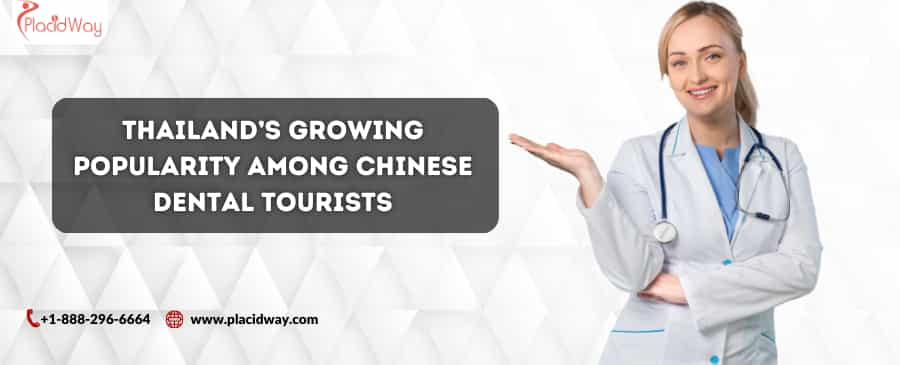

.jpg)
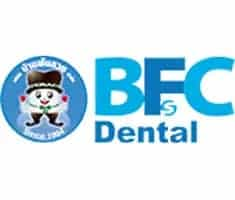
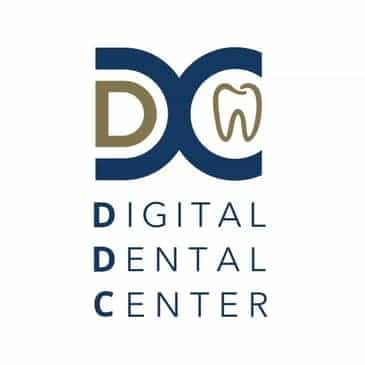
.png)


.png)
-Per-Jaw-Package-in-South-Korea-by-Seoul-Today.png)
.png)
.png)
.png)
.png)
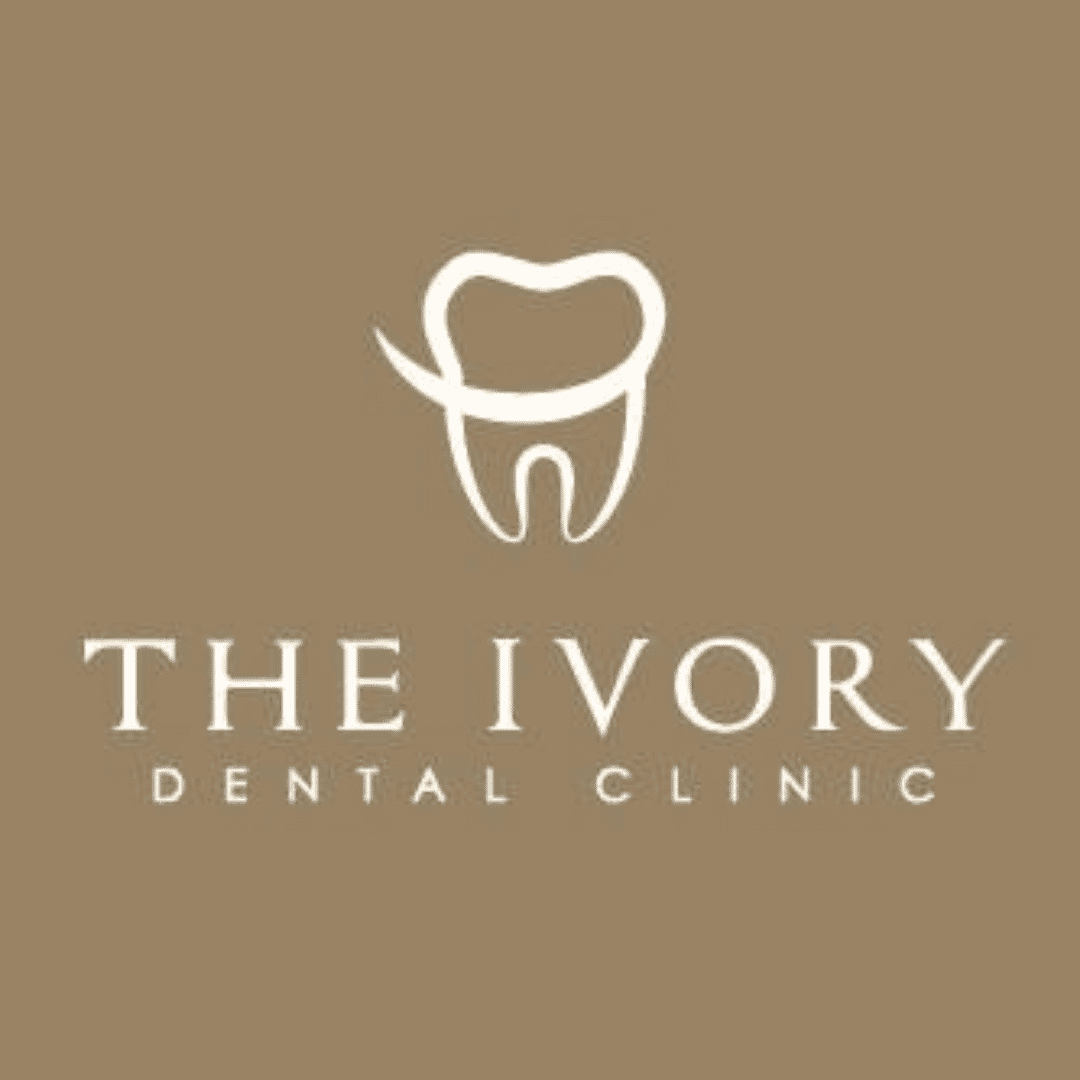
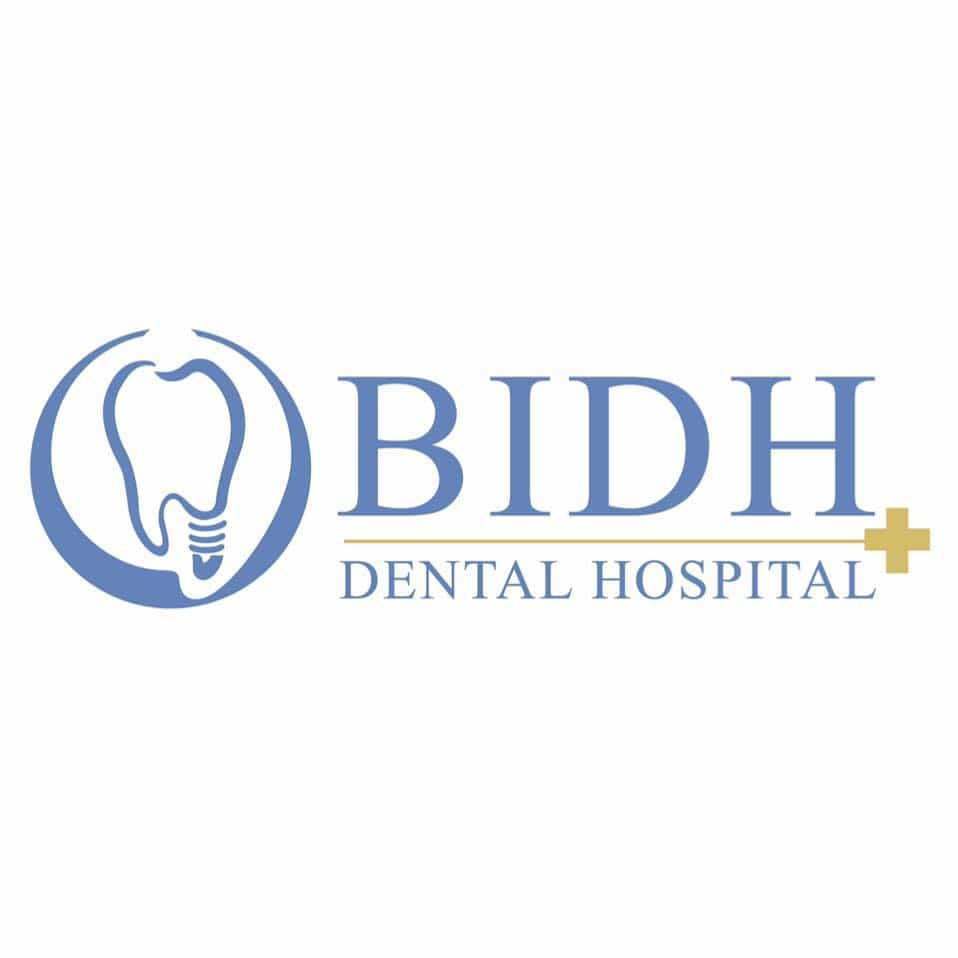


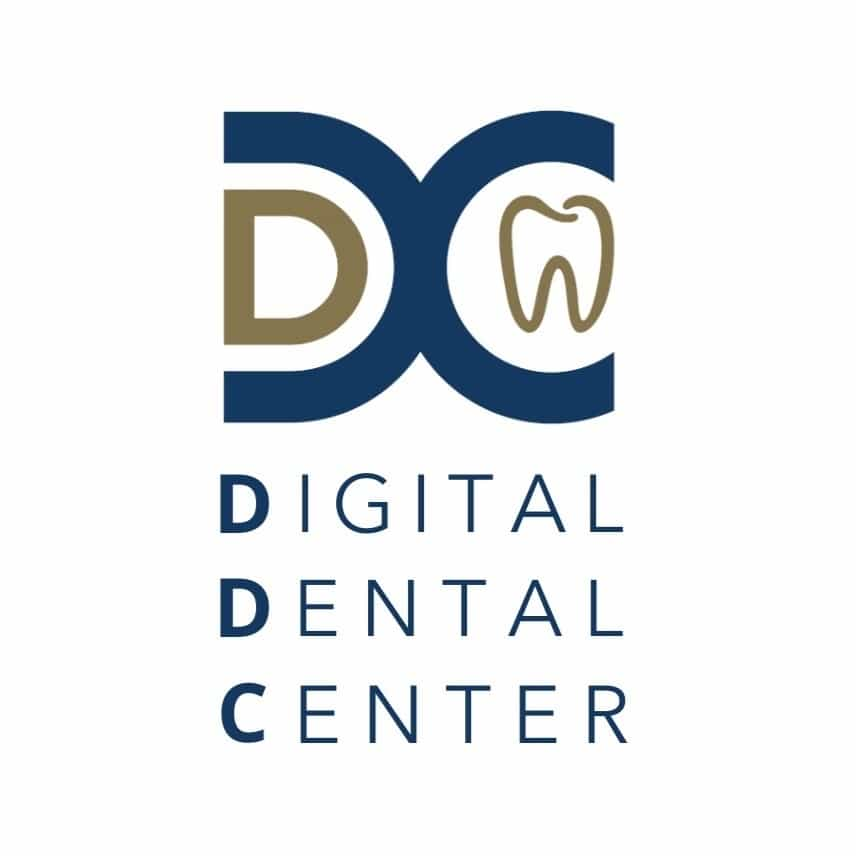

Share this listing